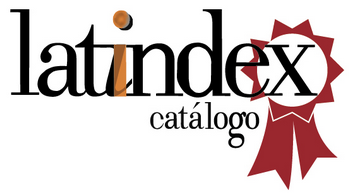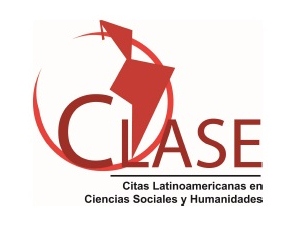Un análisis del argumento de Aristóteles a favor de la felicidad como el fin último del habitante (racional) de la polis
Resumen
El presente trabajo analiza el argumento dado por Aristóteles a favor de la felicidad como el fin último del habitante racional de la polis. La estrategia consiste en extraer los pasajes más relevantes en torno a la felicidad al interior de la Ética Nicomáquea, por un lado, y de la ciudadanía al interior de Política, por el otro. Esto con el fin de reconstruir a grandes rasgos el argumento de Aristótles. Una vez reconstruido explícitando sus premisas y conclusión, se arguye, encontramos que las definiciones de felicidad, ciudadanía y polis constituyen el núcleo de la argumentación dada por Aristóteles. Esto nos conduce a reflexionar sobre el papel de las definiciones en los argumentos al interior de la teoría general de la argumentación, por un lado, así como a reflexionar sobre la naturaleza de las definiciones y su tipología por el otro.Citas
Aristóteles. (1985). Ética Nicomáquea-Ética Eudemia. Madrid: Biblioteca Clásica Gredos, 89.
Aristóteles. (1988). Política. Madrid: Biblioteca Clásica Gredos, 116.
Copi, I. Cohen, C. (2013). Introducción a la lógica. México: Limusa.
Weston, A. (2004). Las claves de la argumentación. México: Ariel.
Una vez que un texto es aceptado para su publicación en Quadripartita Ratio, sus autores deben firmar dos documentos de carácter legal: una Licencia de uso y una Declaración de autoría.
Con la Licencia de uso, los autores autorizan la publicación de su obra y la difusión de ésta (integración en bases de datos, difusión en nuestras redes sociales, reediciones posibles, etc.). No obstante, se autoriza la descarga, reproducción y distribución de todos nuestros contenidos publicados, siempre que no se modifique el contenido y se indique su origen (nombre de la revista, volumen, número, páginas y dirección electrónica del documento).
Con la Declaración de autoría, los autores manifiestan que la obra es de su autoría, original e inédita.









